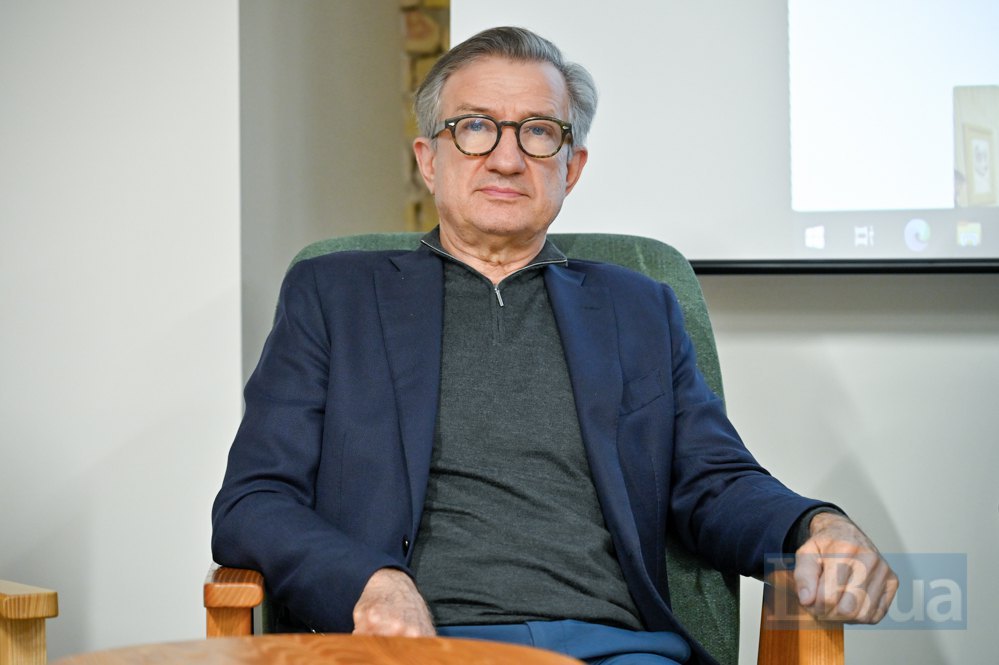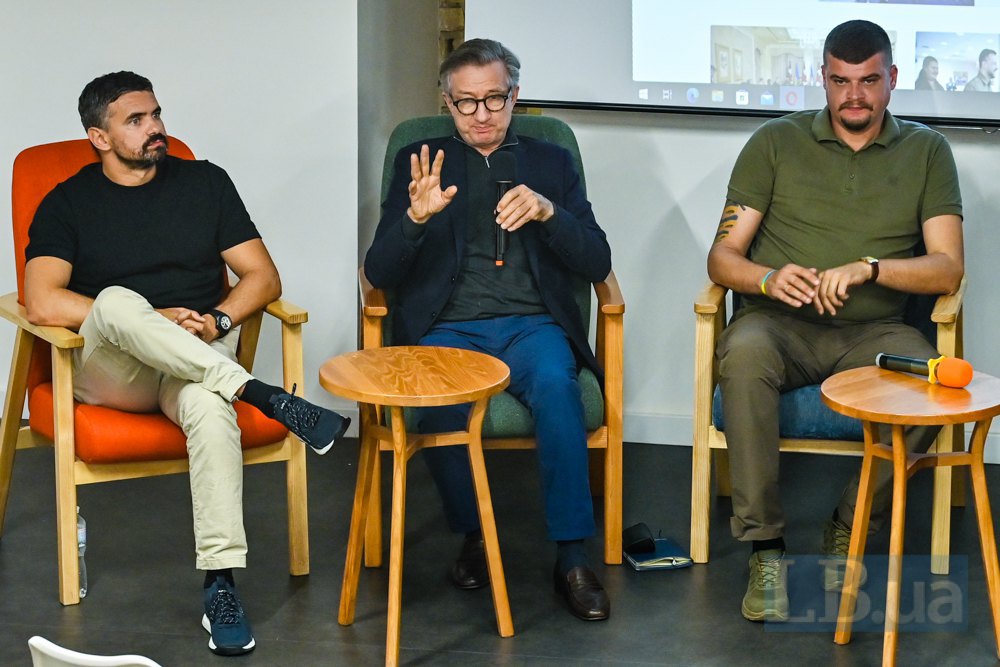
"The Donetsk Topaz plant (moved to Zaporizhzhya in 2014 - Ed.) produced 1.6 million rounds of ammunition, which is more than the whole of Europe did. It produced Kolchuga, which was known all over the world. There were many fantastic scientific things. So, I think the scientific potential and personnel were among the main assets of Donbas," Taruta said. He noted that due to dominating narratives and miners' riots, the region was perceived by society as an exclusively mining one, where life is difficult.
The businessman agreed that the towns along the frontline had been completely destroyed by the war and would hardly ever be rebuilt. However, the region still has a solid foundation for economic development, he argued.
"Donetsk is a little bit luckier than Luhansk, because I'm sure the industrial footprint will remain – there are machine-building enterprises in Kramatorsk, Druzhkivka, Kostyantynivka, Slovyansk, Pokrovsk, Dobropillya, because there is practically nothing in Luhansk Region," Taruta said.
The businessman added that there is potential for the agricultural sector to recover: the region has 1.5 million hectares of agricultural land.
"Of course, they need to be demined. In 2014, the International Mine Action Centre was established. If we have the right government policy, if the Humanitarian Demining Agency will work well too, there will be specialists and donors, we will be able to do it," Taruta suggested.
"We also have one of the most developed logistics infrastructures: a port, a railway – this is a good opportunity for the development of the territory. We have an energy advantage, which is the basis for establishing new businesses," he added.
According to the businessman, the problem with personnel and the lack of human potential can be solved by using technologies that allow smaller production facilities to employ fewer people, as well as programmes that will encourage Ukrainians to return.
"We don't fully understand what we will be dealing with, but I want to say that when Donbas industry was developing, 30-32% of the population moved from other regions, most of them from Western Ukraine. Where there is a future, where there is a better life, people will move there," said Taruta.

He noted that in the 2000s, he hired people returning from the USA, France, and Germany because they saw development and "more future" in Ukraine.
Artem Lysohor: "Young people from Luhansk Region want to return home. The numbers easily prove this"
"People need to be given a dream. A dream that unites. If the state shows the pace, high standards of safety, society, environment, and future employment opportunities, we can bring people back. People will come back from Canada, America, and Germany. Children will come back. It is not so easy to survive abroad. Especially for those who have experienced local healthcare or education. People need to be given a clear picture of how things will be, and they will come. But this is a big task. We need to start preparing for it because the prospects of Donbas depend on the prospects of Ukraine," he concluded.








